January 18, 2021
Edmonton-based Coyote Pride program seeking additional mentors
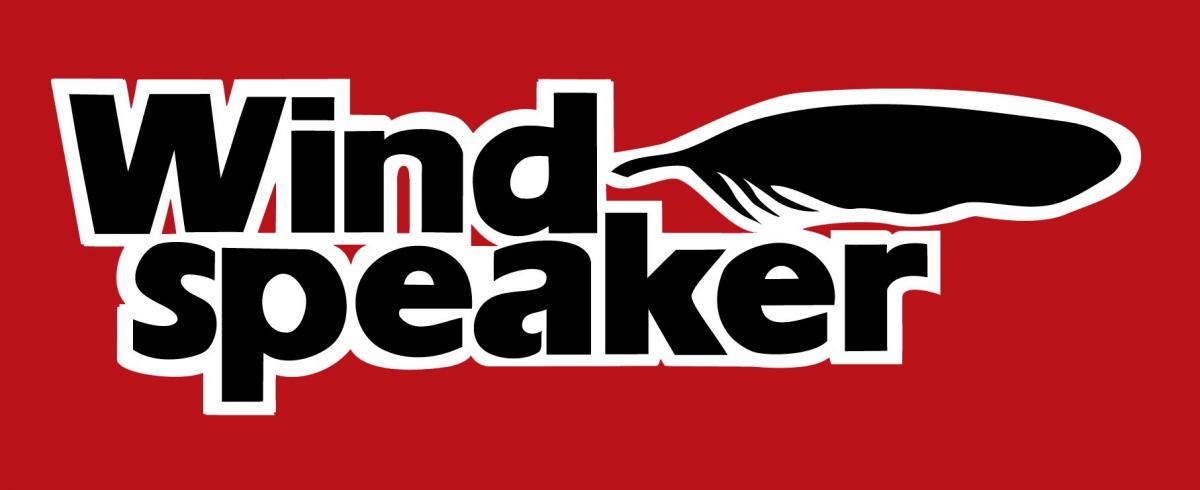
The COVID-19 pandemic has forced people throughout the world to do things a bit differently.
This includes those who operate the Coyote Pride Mentoring Program in Edmonton.
The Indigenous Mentoring program, which has been operating since 2004, features mentors recruited by the Bent Arrow Traditional Healing Society.
During the school year these mentors meet weekly with elementary school children, in Grades 4-6. The mentors and the children learn about Indigenous culture through various activities, games and crafts, provided by the Program Coordinator.
Program supervisor at Coyote Pride's Indigenous calling out for mentor volunteers.
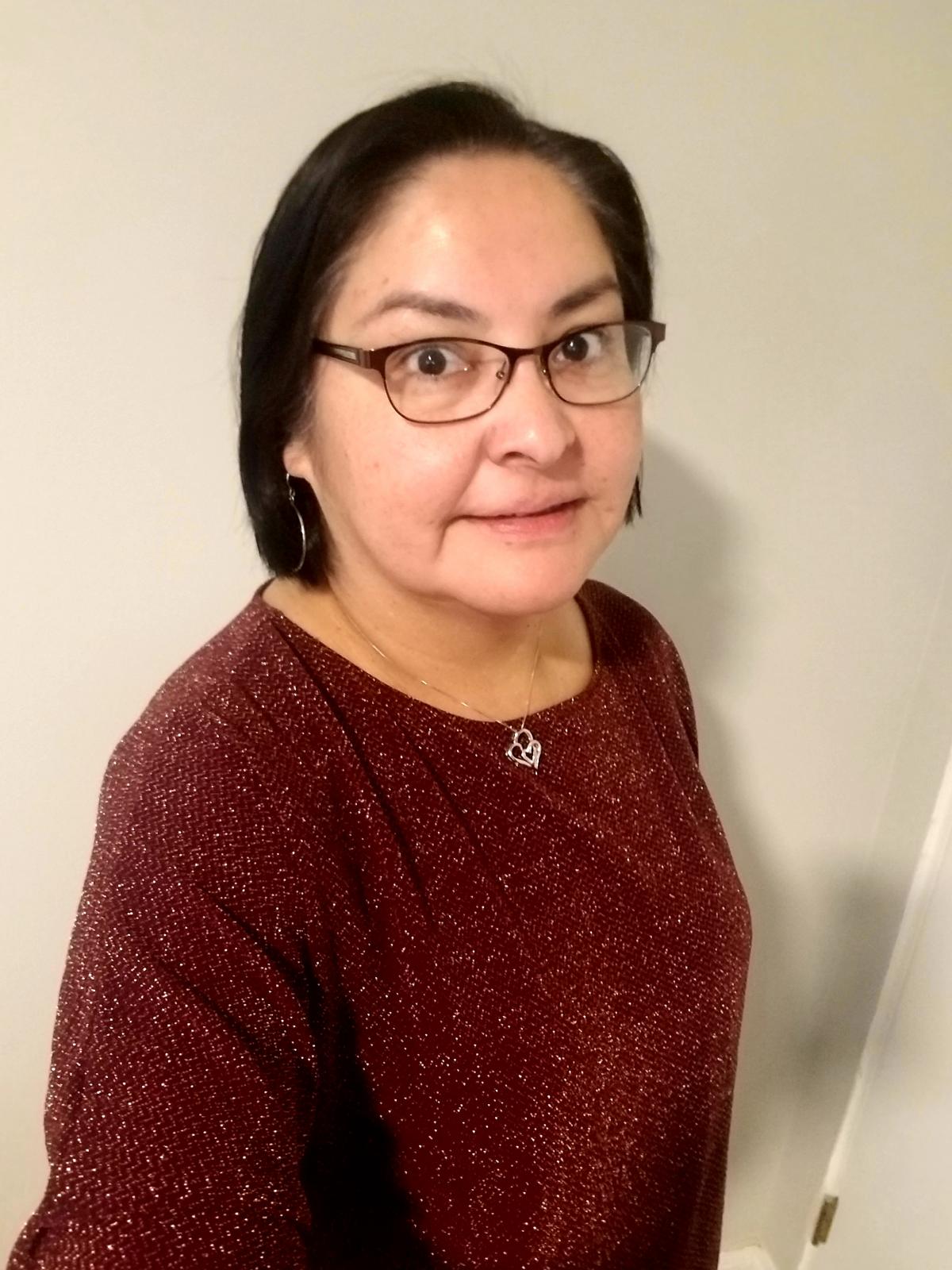
Andrea Watchmaker, Coyote Pride’s Indigenous programs supervisor, said there is an urgent need now for as many as 20 new mentors to assist with online mentoring programming offered at 10 Edmonton schools.
The January call for new mentors comes during #MentoringMonth.
This is the fifth consecutive year mentoring advocates across Canada have staged a month-long awareness campaign about the needs and benefits of volunteering as a mentor.
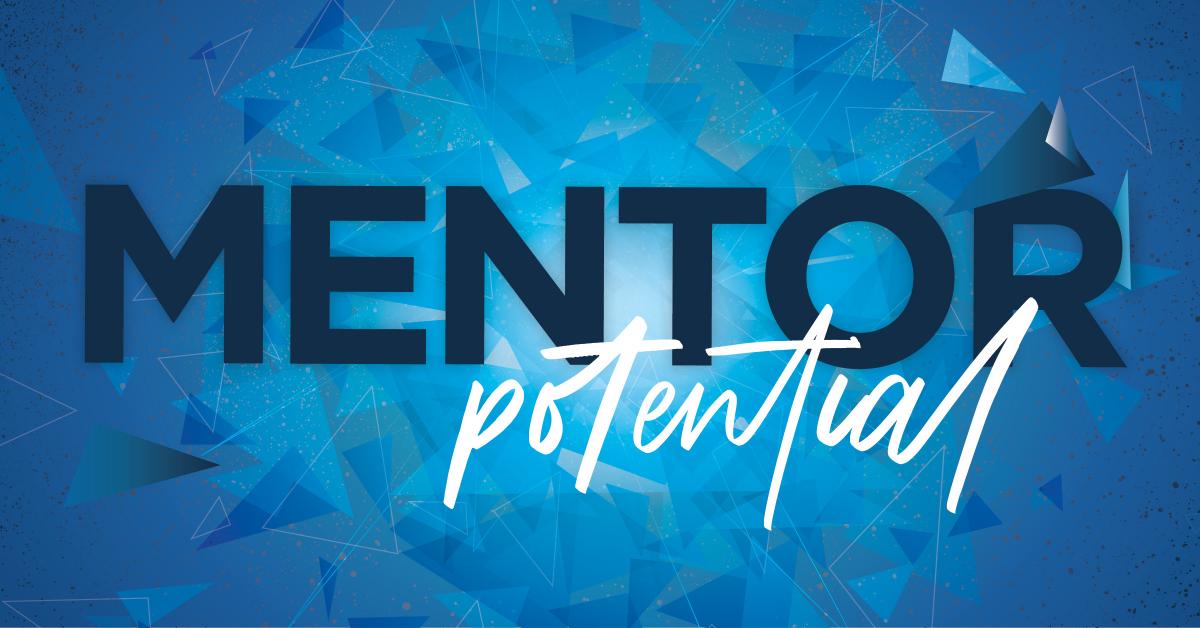
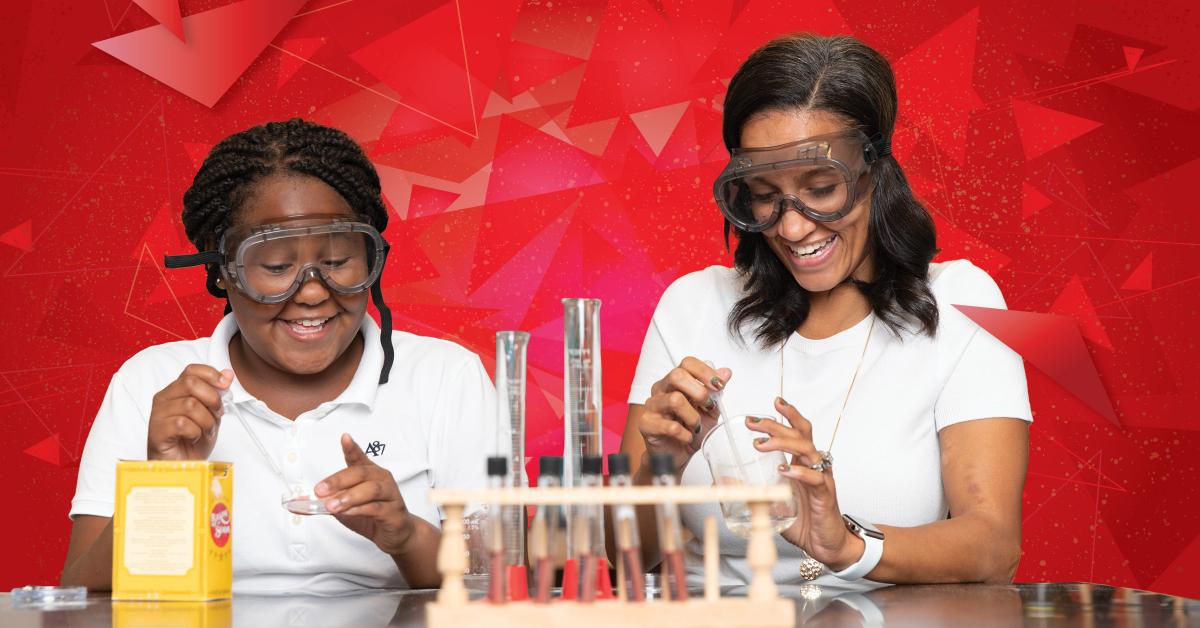
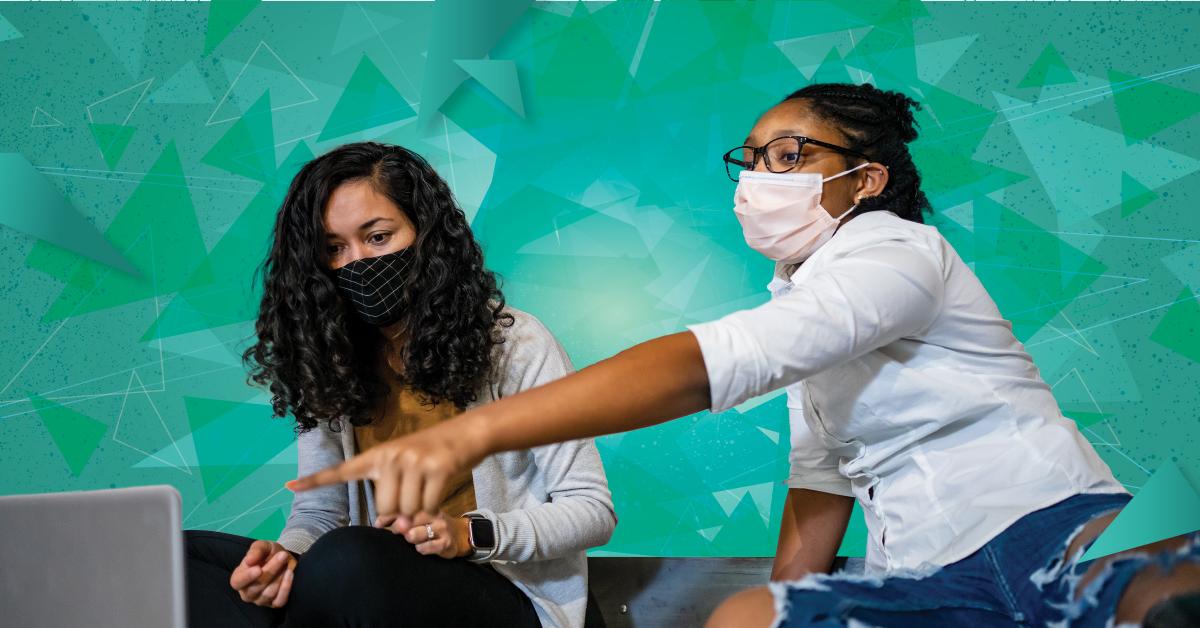
Watchmaker said the need for additional mentors has increased during the pandemic, especially since many children across the country have been forced to do portions, or all of their schooling virtually.
"The kids are feeling more isolated learning at home,” she said. “They don’t have connections to the many people in their lives."
Prior to the pandemic the Coyote Pride program was offered during school lunch hours. For now, however, it is available when it can fit into a teacher’s schedule.
"It works a little differently now because we are online,” Watchmaker said. “It’s a little harder to connect with the students. But we are still offering cultural teachings with the teachers in the classroom."
The Coyote Pride program is available to all students.
Watchmaker estimates, however, that about 80 per cent of those in the program in previous years were Indigenous. Watchmaker said the program traditionally includes 15-20 students per school.
“They are usually referred to us for the program or they are students that want to learn about Indigenous culture,” she said.
Watchmaker said program participants tend to speak highly of the program.
“They enjoy the group,” she said. “It’s like a little family to them. We’re there with them from the start of the year in September and all the way through the year with them until June.”
Mentors for the program also get to know students rather well as they are assigned to one school and remain with that grouping year-round.
“They stay with the one school,” Watchmaker said. “They get familiar with the school and the setting.”
Watchmaker added mentors for the program do not necessarily have to be Indigenous themselves.
“The mentors are there to provide friendship and mentorship to the students,” she said. “They’re there to make friends with them – just to be a buddy.”
While the program has proven to be beneficial for students over the years, Watchmaker also said mentors have often commented on the advantages they receive.
“They get experience working with children,” she said. “They enjoy it. And we get a lot of feedback that it helps them make connections.”